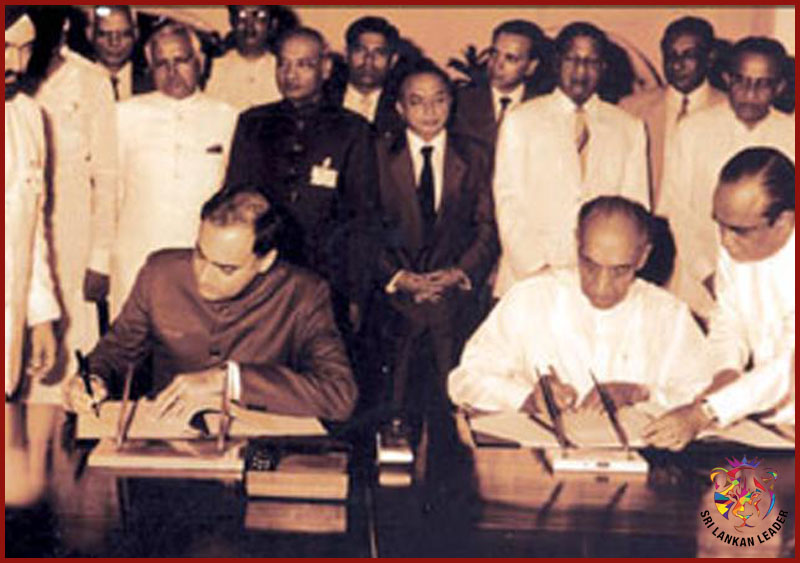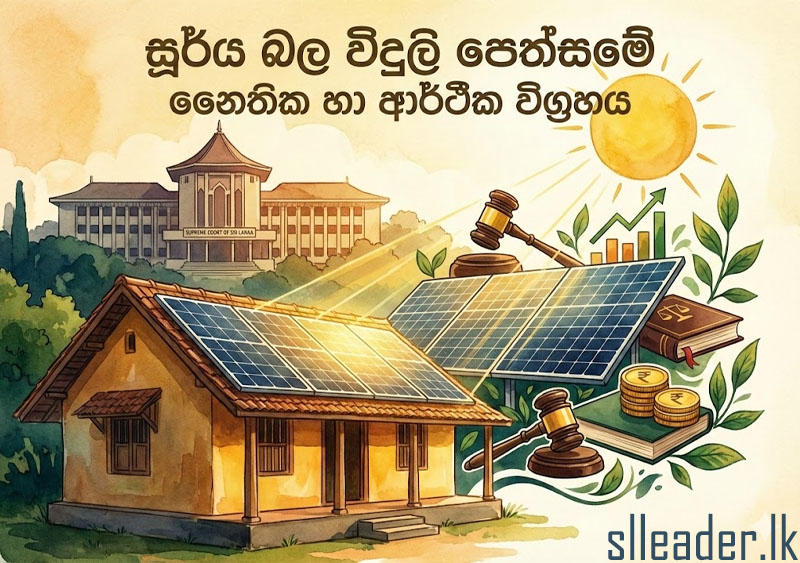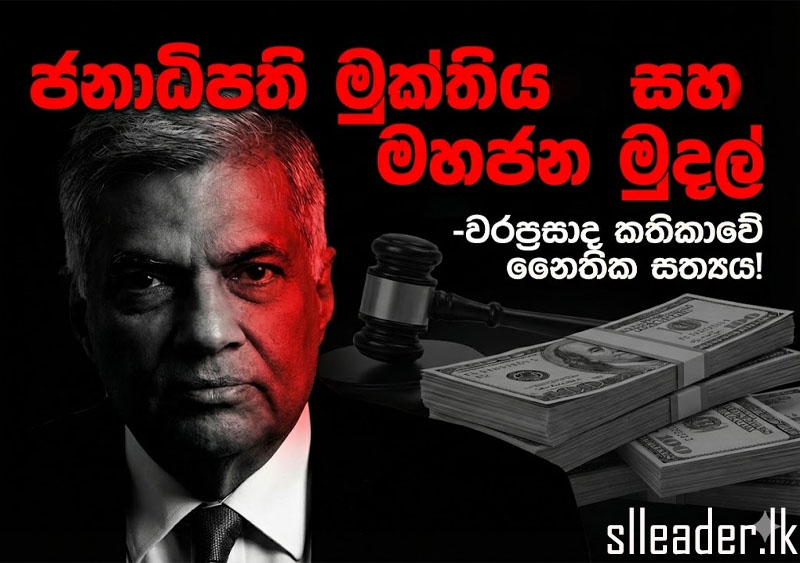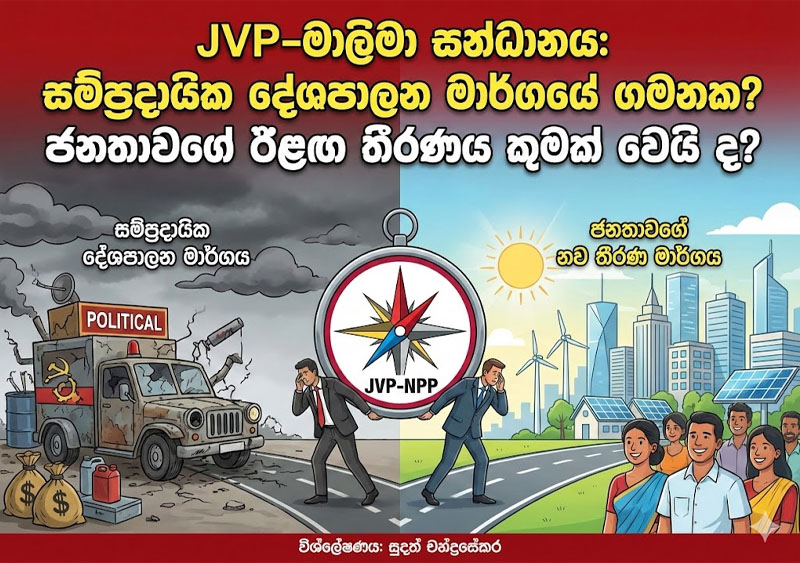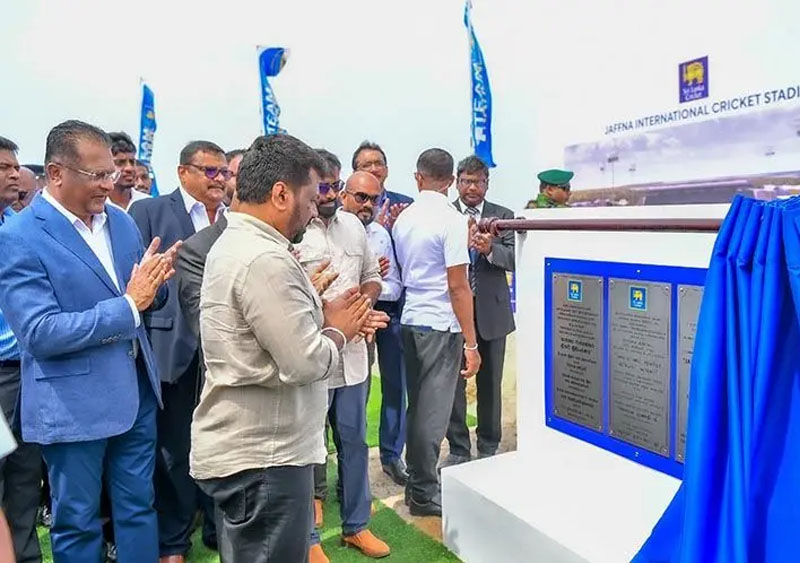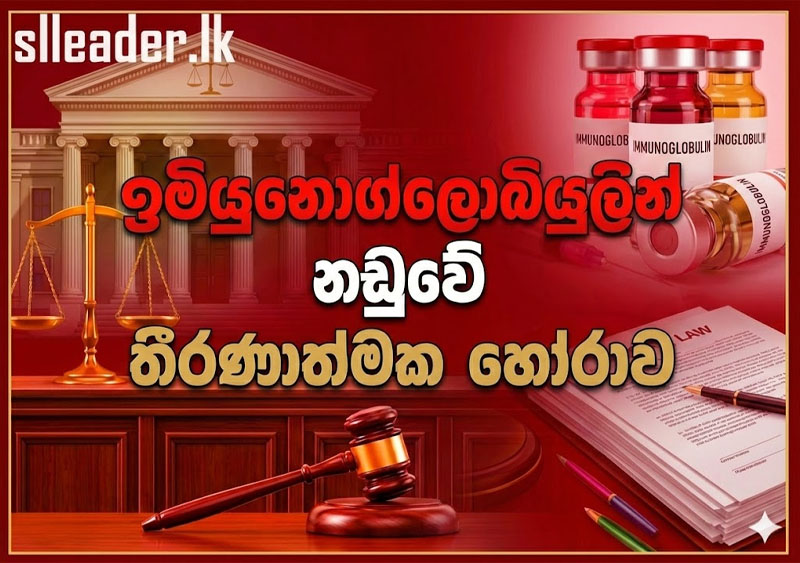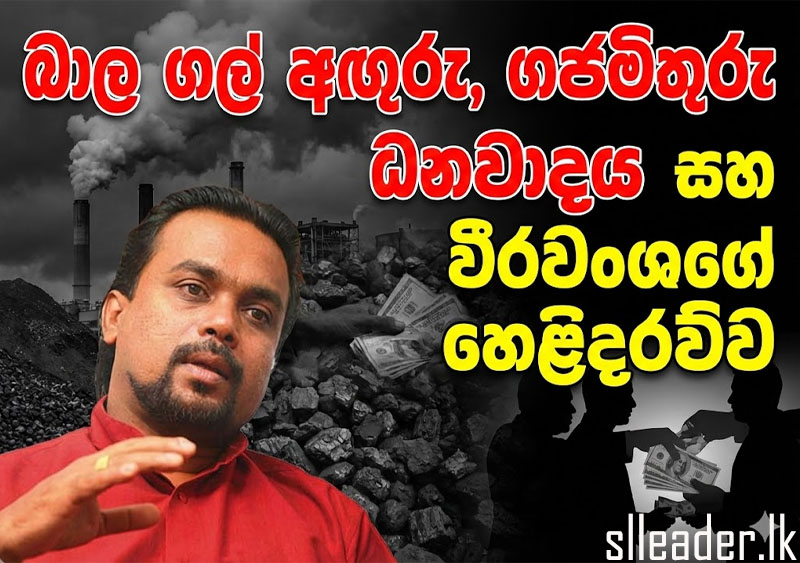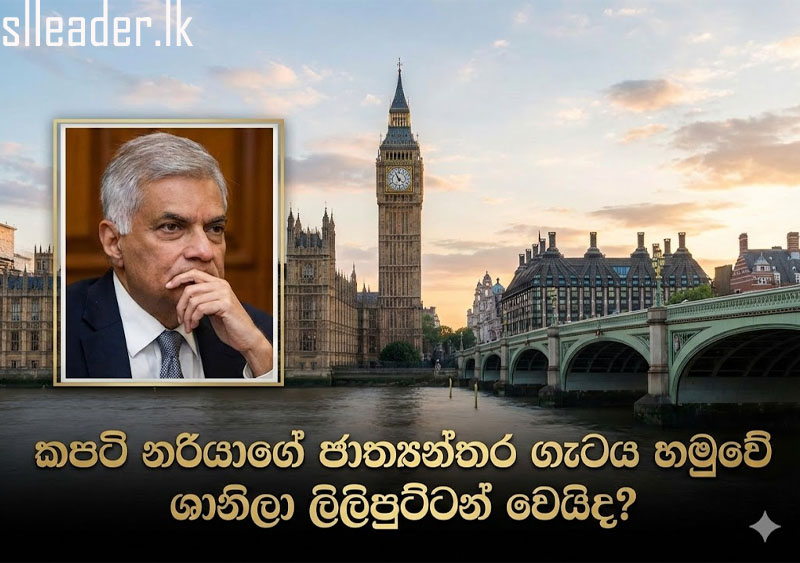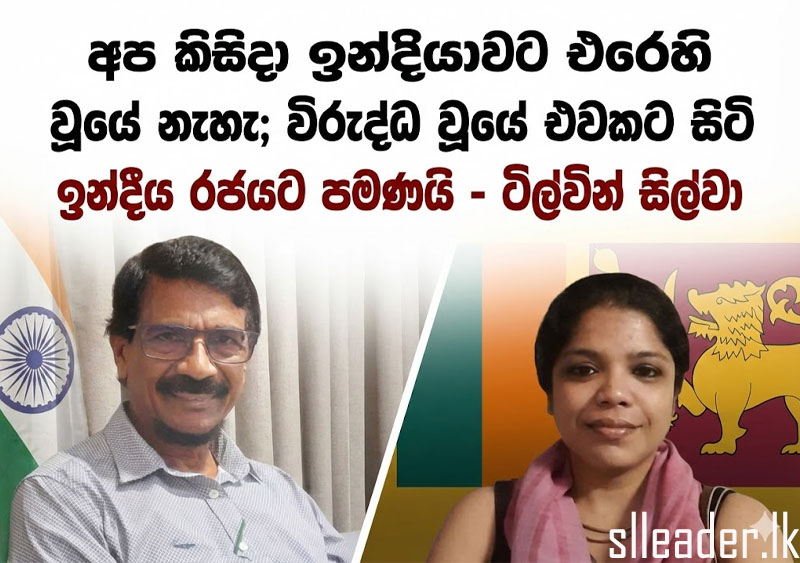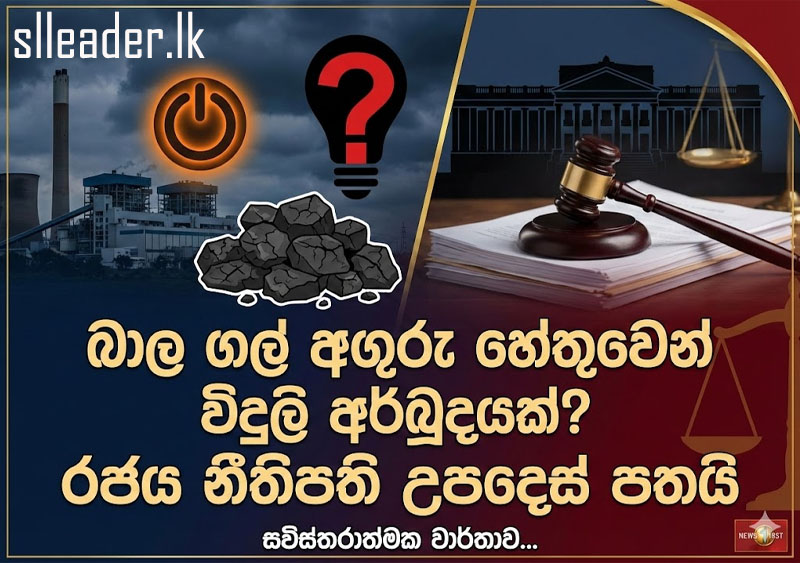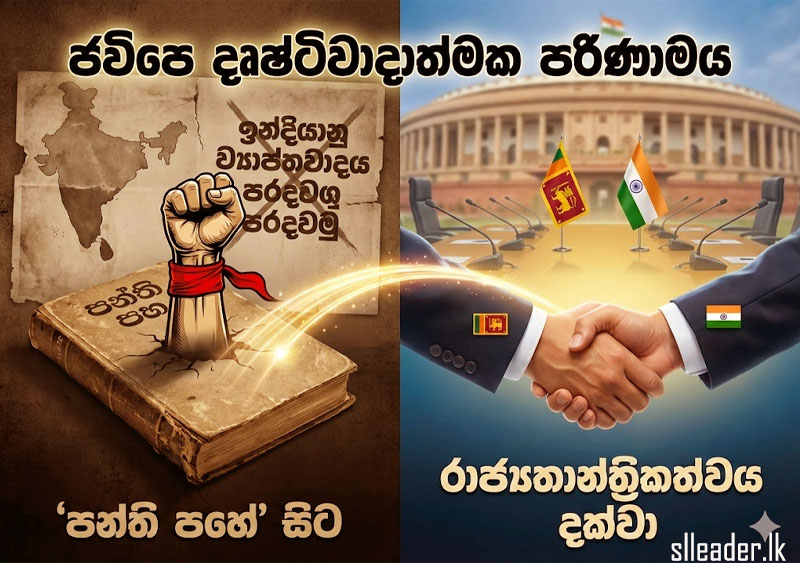J.R. Jayawardena and Rajiv Gandhi signing the Indo-Lanka Peace Accord
Ranil Wickremesinghe is smart. He’s asking political parties to offer their views. He probably knows none of these parties can come up with anything coherent. Perhaps he has calculated that incoherence would pave the way for him to shrug shoulders and ‘do as India says’
‘This is the beginning of the Bhutanization of Sri Lanka’
— Rajiv Gandhi
President Ranil Wickremesinghe has called on all political parties to submit their views on the 13th Amendment. He, more than anyone else, should understand that right now the legitimacy of all political parties (including his) and all politicians (including himself) is suspect (and I am being kind here). Nothing illegal about his ascension to the post of president, and nothing illegal about 225 persons representing various political parties remaining in Parliament, but legality and legitimacy are two different things.
Of course, one may interject, ‘that’s subjective.’ Correct. If subjectivity is key then there was no case against Gotabaya Rajapaksa and those who bring that argument will have to say that the entire Aragalaya and all the Aragalists were out of order.
We can talk legality, though, if that’s what you want. We can point out that the 13th Amendment was illegally ‘enacted.’ It was the product of an agreement signed by J.R. Jayewardene under duress. Rajiv Gandhi’s India (like his mother Indira Gandhi’s India before that) funded, trained and armed Tamil insurgents. This allowed those who had no qualms about frilling grievances in order to pad aspirations willy-nilly to marry fiction and thuggery. India helped up the ante to a point where it could orchestrate pernicious intervention ‘as a friend,’ and ‘to help resolve a problem (which of course India helped create in the first place!).’
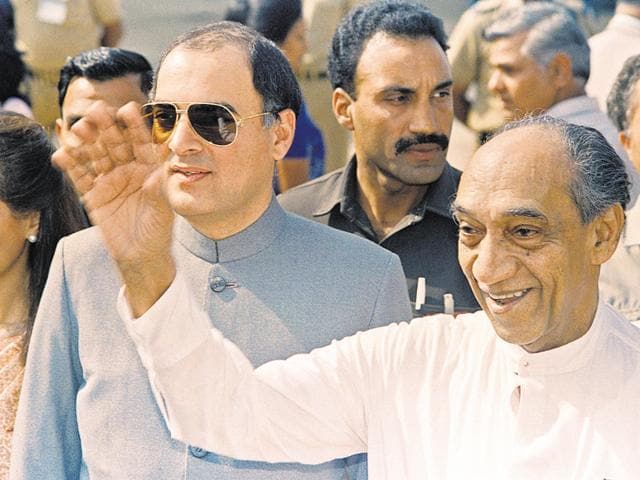
The narrative of territory embedded in and which signatures the 13th was clearly based on a piece of fiction propagated by Tamil chauvinists enlarging on S. J. V. Chelvanayakam’s pithy formula, ‘a little now, more later.’ It sought to legitimize a fictional homeland theory replete with well-defined boundaries that were randomly drawn by an invader (the British) with no basis whatsoever in history (or even legend!).
History and heritage don’t support the claims. We can go back to 18th-century demographic data through the first official censuses or we could go back to the 10th Century AD and the time of Raja Raja Chola I. India’s Ministry of Culture will testify that the Archaeological Survey of India refers to various temples built by Raja Raja 1 using wealth plundered from various lands along with the names of the conquered territories. This island on which Rajiv Gandhi foisted the 13th Amendment at gunpoint was referred to as ‘The land of the warlike Singalas.’
If all that is ‘in the past,’ and it certainly is, we could go to today’s numbers. Those lines referred to above rebel against demographic reality; almost half the Tamil population live outside the so-called ‘exclusive traditional Tamil homelands.
Those who advocate devolution and have championed the 13th Amendment, even demanding ’13 Plus’ are fond of referring to the Sri Lankan population as being ‘multi-ethnic’ and ‘multi-religious.’ Correct. Only, they don’t talk about percentages. If they did, they would have to come up with some kind of justification for the fact that as per the current demarcation, two-thirds of the coastline and a third of the landmass would be controlled in the name of a community that barely makes 15% of the total population of the country. Except that this community, as pointed above, while concentrated in the Northern Province and parts of the Eastern Province (even as of now, more than half of this province is made of what in separatist parlance could be called ‘Tradition Homelands of the Sinhalese’). In other words, mixed cultures or cultures amenable to mixing is what has always been the case. That’s not the same thing as assimilation, which of course can happen. In any direction.
Those who talk of the 13th and even 13th Plus, don’t dare talk about 13 Minus. The 13th precipitated an uprising that led to the death of around 60,000 people in just two years. The 13th prolonged the conflict for a further 22 years. The costs are incalculable. Those who want to hang the ridiculous charge of genocide (the Canadian Prime Minister and the Canadian High Commissioner both need to take Canadian History 101 and Canada Today for Indegene 101 at some point, the sooner, the better) on Sri Lanka talk about hundreds of thousands being massacred. Well, India paved the way for that. If you want to argue it that way.
The almost 40 years that have passed clearly indicate that provincial councils are white elephants (during C. V. Wigneswaran’s watch the Northern Provincial Council couldn’t even spend the budgetary allocation) headed by political thugs. Today, in the year 2023 the provincial councils are dead. No elections. No talk of elections. No ‘aney apoi’ from democracy advocates who can’t stop talking about power devolution. Not a single protest from any party or community or region over this.
Ranil Wickremesinghe is smart. He’s asking political parties to offer their views. He probably knows none of these parties can come up with anything coherent. Perhaps he has calculated that incoherence would pave the way for him to shrug shoulders and ‘do as India says.’
What India says and what India wants is exactly what Rajiv Gandhi said, wanted and believed he could obtain: the Bhutanization of Sri Lanka.
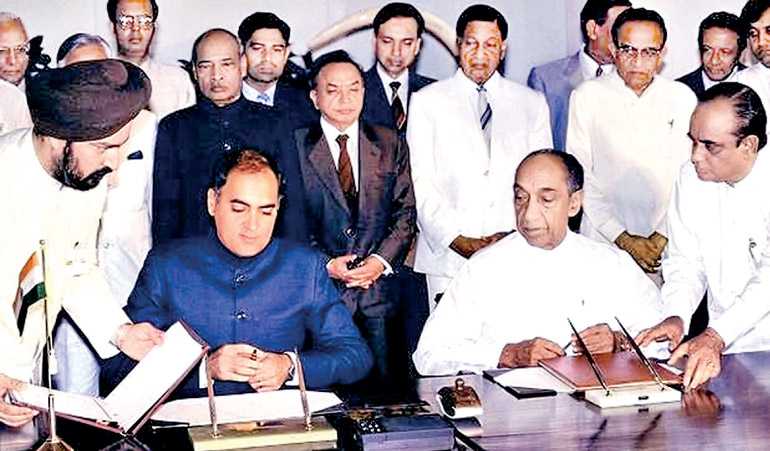
If political parties are serious (and they are probably not, let us not have illusions here), they can give a response in point form: 1) List all grievances, 2) Evaluate the logic of devolution as ‘the only and therefore necessary mechanism to alleviate grievances,’ 3) Call for a historical audit to assess the validity of ‘exclusive traditional homelands, 4) Assess progress made on resolving grievances enumerated at the time the Indo-Lanka Accord was signed, 5) Revisit the 13th Amendment thereafter and decide whether it should remain, be amended or repealed altogether.
@ Malinda Seneviratne
(This email address is being protected from spambots. You need JavaScript enabled to view it..



